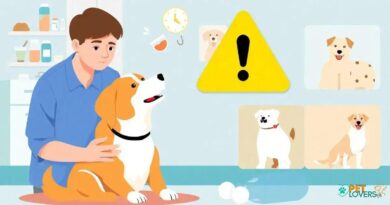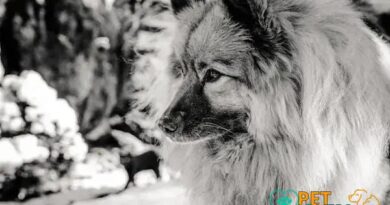O que é Desenvolvimento comportamental
What is Behavioral Development?
Behavioral development refers to the process through which dogs learn and adapt their behaviors in response to their environment and experiences. This encompasses a wide range of behaviors, from basic obedience to complex social interactions with humans and other animals. Understanding behavioral development is crucial for dog owners, trainers, and anyone involved in canine care, as it lays the foundation for a well-adjusted pet.
The Stages of Behavioral Development in Dogs
Dogs undergo several stages of behavioral development throughout their lives. These stages include the neonatal period, socialization period, juvenile period, and adulthood. Each stage is characterized by specific developmental milestones and behavioral changes. For instance, during the socialization period, which occurs between 3 to 14 weeks of age, puppies are particularly receptive to new experiences, making it an ideal time for exposure to various environments, people, and other animals.
Factors Influencing Behavioral Development
Numerous factors influence a dog’s behavioral development, including genetics, early experiences, and social interactions. Genetics can predispose certain breeds to specific behaviors, while early experiences, such as exposure to different stimuli and socialization with other animals, can significantly shape a dog’s behavior. Additionally, the quality of interactions with humans during the formative stages can either promote positive behaviors or lead to behavioral issues later in life.
The Role of Socialization in Behavioral Development
Socialization plays a pivotal role in a dog’s behavioral development. Proper socialization helps dogs learn how to interact appropriately with their environment and other beings. It is essential for preventing fear-based behaviors and aggression. Engaging in positive social experiences during the critical socialization window can lead to a more confident and well-adjusted adult dog, capable of navigating various situations with ease.
Understanding Canine Body Language
An important aspect of behavioral development is understanding canine body language. Dogs communicate primarily through body language, and recognizing signs of stress, fear, or happiness can help owners respond appropriately to their pets’ needs. For instance, a wagging tail does not always indicate happiness; it can also signify excitement or anxiety. Learning to interpret these signals is vital for fostering a positive relationship between dogs and their owners.
Training Techniques for Positive Behavioral Development
Effective training techniques are essential for promoting positive behavioral development in dogs. Positive reinforcement, which involves rewarding desired behaviors with treats, praise, or play, is one of the most effective methods. This approach encourages dogs to repeat good behaviors while building a strong bond between the dog and the owner. Consistency and patience are key components of successful training, as dogs learn at their own pace.
The Impact of Environment on Behavioral Development
The environment in which a dog lives significantly impacts its behavioral development. A stimulating environment that provides opportunities for exploration, play, and social interaction can enhance a dog’s learning and adaptability. Conversely, a lack of stimulation or exposure to negative experiences can lead to behavioral problems, such as anxiety or aggression. Creating a positive environment is crucial for fostering healthy behavioral development.
Common Behavioral Issues and Their Solutions
Many dog owners encounter behavioral issues, such as excessive barking, chewing, or aggression. Understanding the underlying causes of these behaviors is essential for addressing them effectively. Solutions may include behavioral modification techniques, increased exercise, or professional training. Identifying triggers and implementing consistent training strategies can help mitigate these issues and promote a more harmonious relationship between dogs and their owners.
The Importance of Ongoing Behavioral Development
Behavioral development is not a one-time process; it continues throughout a dog’s life. Ongoing training and socialization are vital for maintaining good behavior and adapting to new situations. Regular engagement in activities that challenge a dog’s mind and body can prevent boredom and behavioral issues. Owners should remain proactive in their dogs’ behavioral development to ensure they remain well-adjusted companions throughout their lives.



